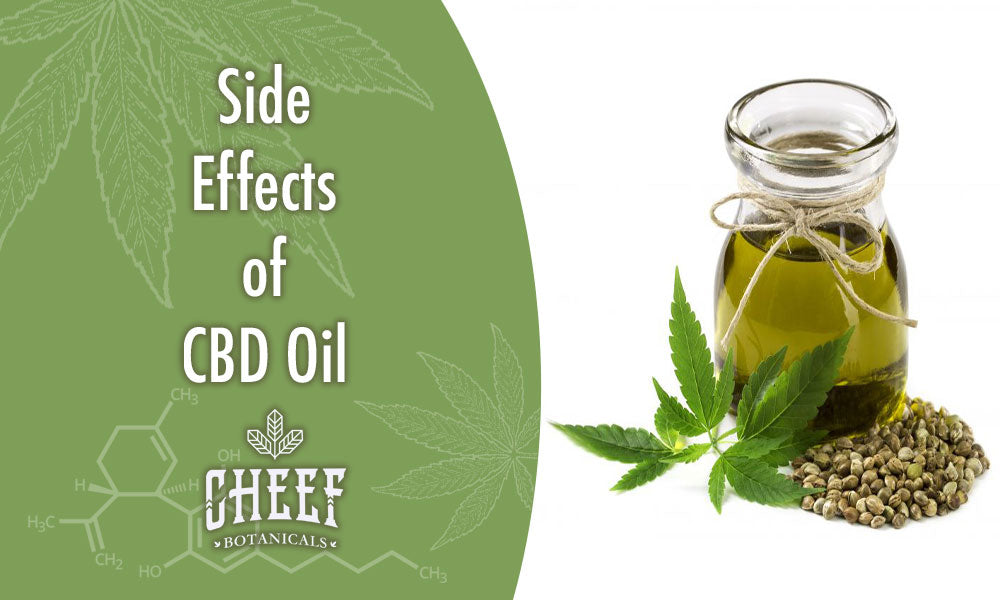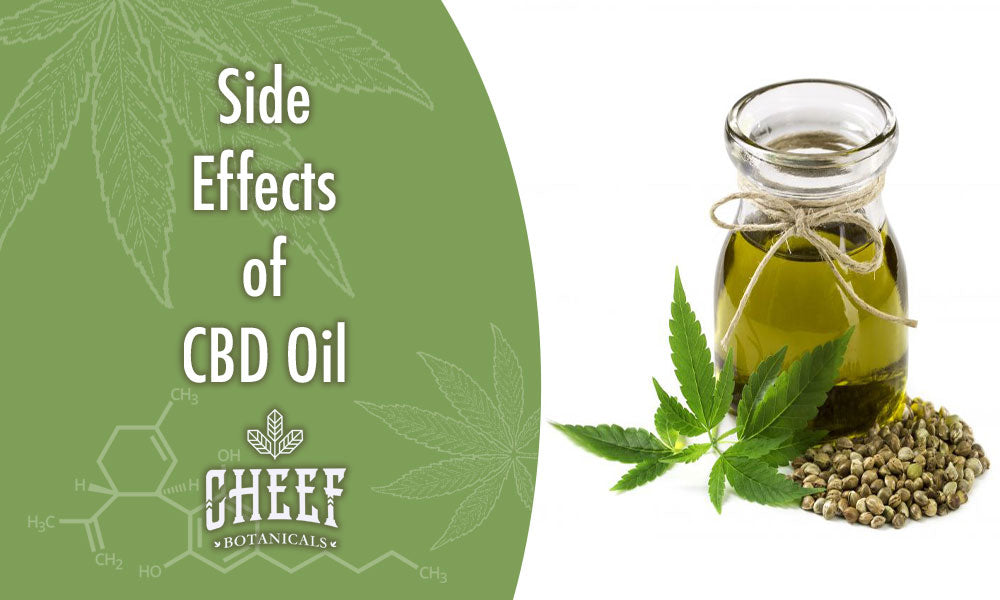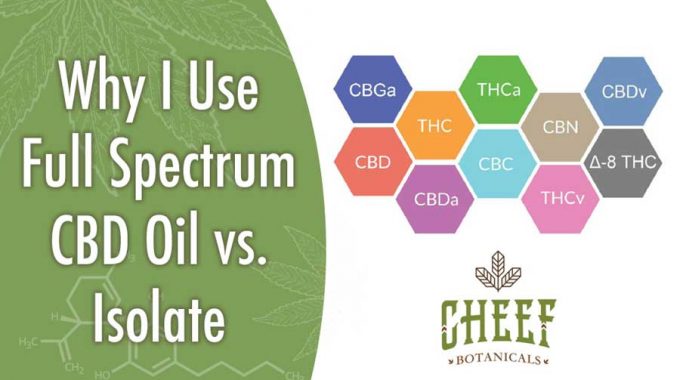What Are The Side Effects of CBD Oil
The cannabis plant produces various chemicals that can be used to promote overall wellness. However, most of these chemicals are psychoactive, or alter mental states. This means that some cannabis derivatives change a person’s mood, perception, or, again, mental state. They also affect a person’s cognition; this means that they make it more difficult for a person to think clearly. One of the primary medicinal components of the cannabis plant is known as cannabidiol (also known as CBD). It has far-reaching applications and it is not psychoactive. This means that it effectively treats a patient without adversely affecting their ability to function on a day-to-day basis.
What Is CBD?
CBD is a naturally occurring part of industrial cannabis (also referred to as hemp). At its most fundamental form, it is CBD oil. This oil is created by taking entire hemp plants (the stalks, leaves, and flowers) and pressurizing them. Carrier oils, like coconut oil and hemp seed oil, are then combined with the extracted CBD to create oil. This CBD oil is very easily broken down by the body, particularly when the oil is taken in a tincture form. CBD is one of the naturally occurring types of chemicals known as cannabinoids. CBD is related to, but very different from, tetrahydrocannabinol (also known as THC). THC is the most widely known cannabinoid and it is the main psychoactive molecule in cannabis. That essentially means that THC is the part of the cannabis molecule that makes a person feel high. Both THC and CBD are highly praised for their various properties. Recently though, CBD is becoming the preferred method. This is due to the fact that it does not affect a person’s everyday ability to function. Remember that CBD is not psychoactive; no matter how much a patient takes, they will not feel the mild-altering effects that a person would feel with THC.
How Does CBD Affect the Body?
It is important to note that though CBD is related to THC, it is in fact quite different. They are both known as cannabinoids and are found in plants. Endocannabinoids, occur naturally in our bodies. Cannabinoids mimic endocannabinoids. This means that they copy the behavior and function of endocannabinoids and essentially “trick” the human brain into thinking that they are the same molecule. Endocannabinoids are responsible for various functions of the brain, including pain responses, formulating as well as retrieving memories, controlling appetite, moods or emotional states, and forms of communication between cells. CBD is specifically referred to as a phytocannabinoid. This means that it is a cannabinoid that is extracted from a plant (in this case cannabis plants). It attaches to receptors in the human nervous system that are known as cannabinoid receptors. These are found all over the human body and where endocannabinoids also attach. Essentially, the body cannot tell the difference between a cannabinoid (plant-based molecule) and an endocannabinoid (a molecule from the human body). As a result, both regulate the same functions in the body. 
The Human Nervous System Has Two Basic Types of Cannabinoid Receptors:
- CB1 receptors are located primarily in the brain and spinal cord (central nervous system).
- CB2 receptors are located primarily in the nerves (peripheral nervous system).
Benefits of CBD
Endocannabinoids control a wide variety of functions in the human body. All mammals have an endocannabinoid system, or ECS. The ECS helps to regulate anxiety, sleep, mood, digestion, inflammation, soreness, stress, and more. CBD interacts with the ECS to promote the overall functionality on the system. The current wave of research into CBD is discovering more and more positive effects. It has quickly become one of the most promising supplements available to consumers.
Side Effects of CBD
There are, however, some minimal side effects of CBD oil. It is a chemical that is well tolerated in the majority of patients and it is essentially impossible to overdose on.
There has never been a single fatal overdose from CBD ever reported.
Furthermore, the side effects of CBD are far outweighed by the benefits. View more CBD facts here.
Some Negative Side Effects of CBD Include:
- A change in appetite
- A change in mood and/or emotional state (restlessness and/or agitation)
- Diarrhea, nausea, and/or gastrointestinal distress
- Slight dizziness and/or feeling lightheaded
- Drowsiness
- Dry mouth
One of the most appealing aspects of CBD is how few people exhibit any side effects when taking the supplement. It should be noted, however, that the side effects of CBD oil are exceedingly rare and most patients never experience a single bad effect while taking it. Furthermore, the presence of one or more of these side effects may just be a result of the body getting used to the CBD and will generally go away. CBD is a natural, safe, and entirely viable medicinal supplement for patients suffering from a whole list of ailments or health conditions.
References
https://www.verywellhealth.com/cbd-oil-benefits-uses-side-effects-4174562 https://www.healthline.com/nutrition/cbd-oil-benefits https://www.webmd.com/vitamins/ai/ingredientmono-1439/cannabidiol https://nanocraftcbd.com/blogs/news/can-cbd-have-negative-effects https://www.royalqueenseeds.com/blog-does-cbd-have-any-side-effects-n998



 CBD Gummies - Top Seller
CBD Gummies - Top Seller
 CBD + THC Gummy - Excellent Choice
CBD + THC Gummy - Excellent Choice
 CBD Hemp Flower - Highly Rated
CBD Hemp Flower - Highly Rated
 Full Spectrum CBD Oil - Good Value
Full Spectrum CBD Oil - Good Value



Leave a comment
This site is protected by hCaptcha and the hCaptcha Privacy Policy and Terms of Service apply.